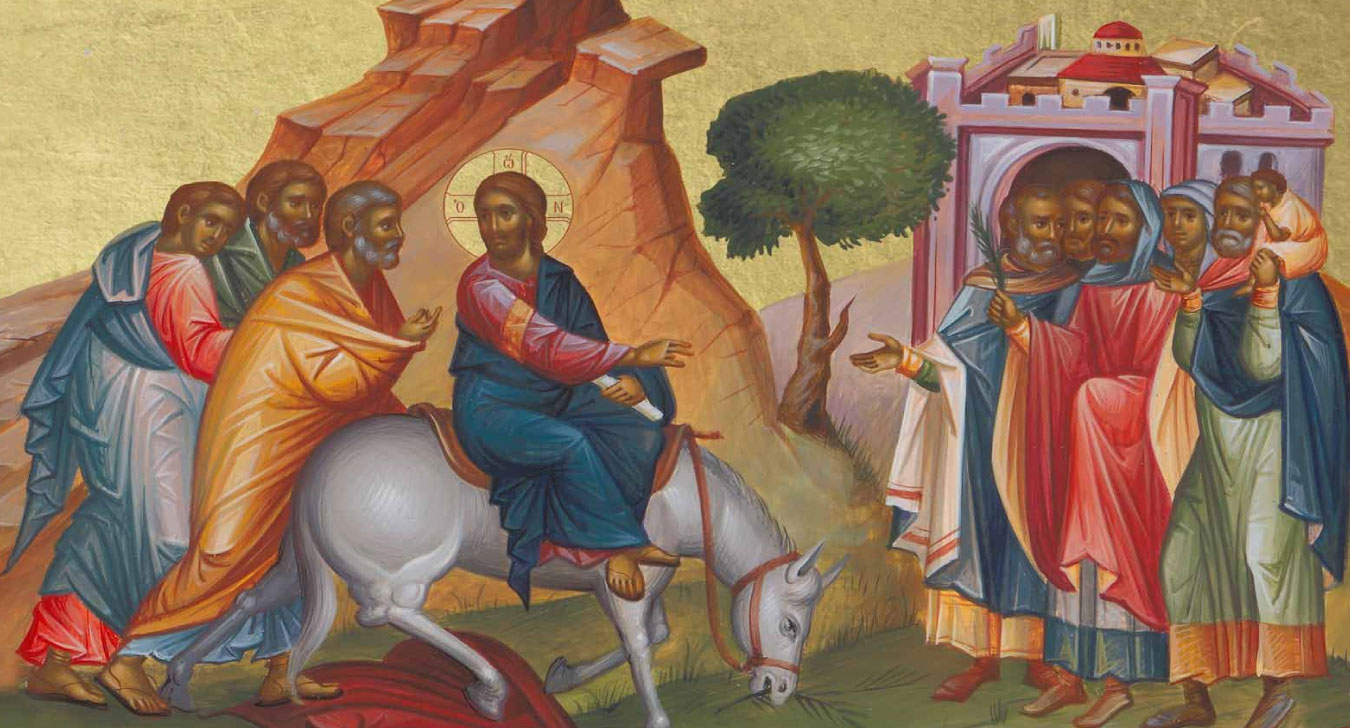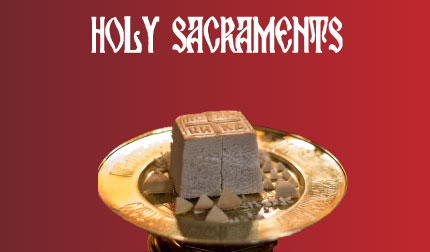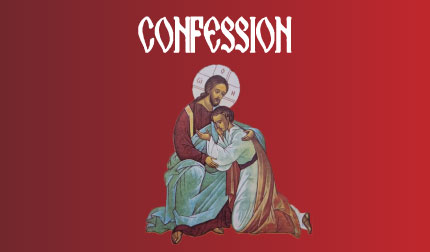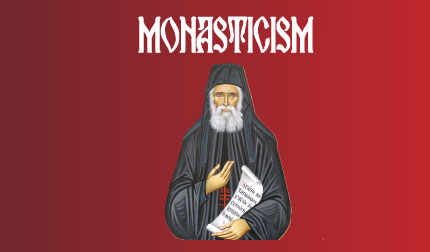The Lord's Prayer

The Lord’s Prayer: An Orthodox Reflection
The Lord’s Prayer, gifted to us by Christ Himself, stands as the perfect expression of the human heart’s cry to God. It is not merely a collection of sacred words but a divine blueprint for communion with the Father, unveiling the heart of the Gospel and the path to spiritual transformation. Orthodox tradition regards this prayer as the summation of all prayer, encapsulating the fullness of faith, hope, and love. To reflect upon it is to enter the very mystery of salvation, touching the profound depths of God’s mercy and the intimate relationship He desires with His children.
“Our Father, who art in heaven...”
With these words, Christ draws us into the intimacy of divine sonship. He does not instruct us to pray “my Father,” but “our Father.” This single word reveals the communal nature of salvation. In the Orthodox understanding, no one prays alone. We pray as members of the Body of Christ, united with the saints, the angels, and the entire Church. This opening invocation reflects our adoption as sons and daughters through baptism. As Saint John Chrysostom writes: "By calling God ‘Father,’ you confess the remission of sins, redemption, justification, sanctification, and kinship with the Only-Begotten."
The phrase “who art in heaven” reminds us of God’s transcendence, while still acknowledging His immanence. Heaven is not merely a distant place but the presence of God Himself. The heart that prays this with sincerity begins to recognize that heaven is within, for where God dwells, there is the Kingdom of Heaven.
“Hallowed be Thy Name...”
In these words, we glorify the holiness of God, recognizing that His Name is sacred and set apart. To “hallow” His Name is to pray that our lives may reflect His sanctity. Saint Gregory of Nyssa teaches: "We hallow God’s Name when we live in a manner worthy of Him, when our actions bear witness to His goodness."
Orthodox spirituality sees holiness as a participation in God’s divine energies. As we pray for His Name to be hallowed, we are implicitly asking to be sanctified, that we might become vessels of His grace and mirrors of His love to the world.
“Thy Kingdom come...”
This petition invites the fulfillment of God’s reign, not only in the future but in the present moment. The Kingdom is both a coming reality and a present mystery, revealed in the Church, in the Eucharist, and in the life of the believer. Saint Maximus the Confessor describes the Kingdom as the state of the soul that has been purified of passions and illumined by divine light. Thus, when we pray for the Kingdom to come, we are praying for the transformation of the world and the transformation of our hearts.
The Kingdom’s coming is not passive but requires cooperation. As Saint Symeon the New Theologian exhorts: "If we desire the Kingdom of God to come, let us seek it within, for the heart that burns with divine love already possesses it."
“Thy will be done, on earth as it is in heaven...”
This is perhaps the most challenging of all petitions. To pray for God’s will is to surrender our own, aligning our hearts with divine purpose. This is the prayer of Gethsemane, echoing Christ’s words, “Not my will, but Thine be done” (Luke 22:42).
Orthodox Fathers emphasize that the alignment of human will with God’s will is the path to true freedom. As Saint Basil the Great writes: "The will of God is our sanctification. It is by obeying Him that we find rest for our souls."
In heaven, the angels and saints joyfully fulfill God’s will. Our prayer is that the same harmony may descend to earth, beginning with our own lives.
“Give us this day our daily bread...”
This petition reflects both physical and spiritual sustenance. It acknowledges our dependence on God for all things, trusting in His providence for our daily needs. Yet, the Fathers also see in this request a deeper meaning—the Eucharist, the “Bread of Life” (John 6:35).
Saint Cyril of Jerusalem teaches: "The bread we ask for is not ordinary bread, but the Bread from heaven, the Body of Christ, which nourishes the soul and leads to eternal life."
To receive our daily bread is to partake of Christ Himself, who satisfies the hunger of the heart and grants strength for the spiritual journey.
“And forgive us our trespasses, as we forgive those who trespass against us...”
This is the heart of Christian life—mercy. In these words, we ask for the forgiveness that only God can grant, yet this forgiveness is tied to our willingness to forgive others. Christ reminds us, “If you do not forgive men their trespasses, neither will your Father forgive your trespasses” (Matthew 6:15).
The Orthodox Fathers frequently warn against the poison of unforgiveness, which darkens the heart and separates us from divine grace. Saint John Climacus writes: "Forgiveness is the resurrection of the soul. One cannot approach God with bitterness in the heart."
As we pray for mercy, we are challenged to extend that same mercy to those around us, allowing God’s healing to flow through our relationships.
“And lead us not into temptation...”
This petition reflects our awareness of spiritual warfare. We acknowledge our weakness and seek God’s protection against trials and the snares of the evil one. Orthodox tradition understands temptation not as an enticement from God but as a test allowed for our growth.
Saint Isaac the Syrian encourages the faithful: "Do not pray to be free from trials, but pray for strength to endure them with faith, for it is through trials that the soul is refined."
In asking not to be led into temptation, we entrust ourselves to God’s guidance, recognizing that without Him, we are powerless against the adversary.
“But deliver us from evil...”
The final petition is a cry for deliverance from the devil, sin, and death. In this world, evil manifests in many forms, but Christ’s victory through the Cross and Resurrection assures us of ultimate deliverance.
Saint Gregory Palamas reflects: "Christ Himself is our deliverance. To invoke His Name is to call upon the power that scatters the darkness."
This closing petition reaffirms our hope in God’s triumph, anchoring us in the certainty that He will guard us until the end.
Reflecting on The Lord's Prayer
The Lord’s Prayer is a sacred pathway leading the soul toward union with God. Each phrase unfolds like steps upon a ladder, drawing us ever closer to the divine. In praying this prayer, we not only confess our dependence on the Father but allow our hearts to be reshaped by divine grace.
Saint Gregory of Nyssa offers a fitting reflection: "To say the Lord’s Prayer is to become a theologian, for in these words, we encounter the mystery of God, the beauty of Christ, and the power of the Holy Spirit."
May we, in humility and love, offer this prayer daily, allowing its light to guide us into the fullness of the Kingdom.
The Lord’s Prayer
- Our Father, who art in heaven, hallowed be Thy name. Thy Kingdom come; Thy will be done, on earth as it is in heaven. Give us this day our daily bread, and forgive us our trespasses, as we forgive those who trespass against us. And lead us not into temptation, but deliver us from the evil one. Amen.
More In-Depth
The Holy Sacraments
In the Orthodox Church, the sacraments — often referred to as the Holy Mysteries — are divine means through which the grace of God is imparted to the faithful. These Mysteries are not simply rituals but encounters with the living Christ, guiding the believer into deeper union with God and participation in the life of the Church.
Holy Confession
Confession is not merely the recounting of sins but a profound return to the embrace of the Father, echoing the journey of the prodigal son. It is an encounter with Christ, who through the priest as His living icon, receives us with compassion, eager to restore the garment of grace.
Monasticism
Monasticism in the Orthodox Church is the path of total dedication to God through prayer, asceticism, and communal or solitary life. It is often described as “angelic life” on earth, where men and women renounce worldly attachments to seek communion with God in purity of heart.





